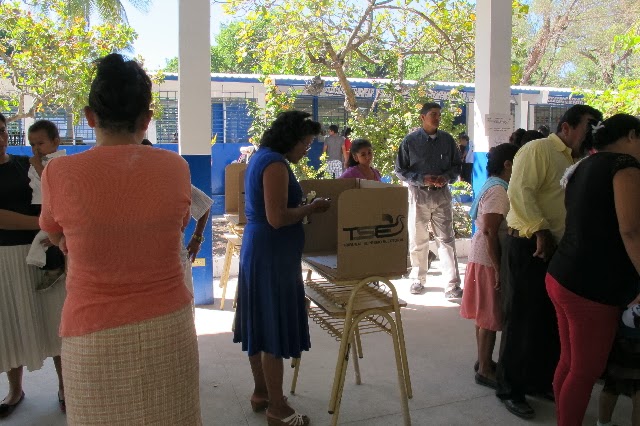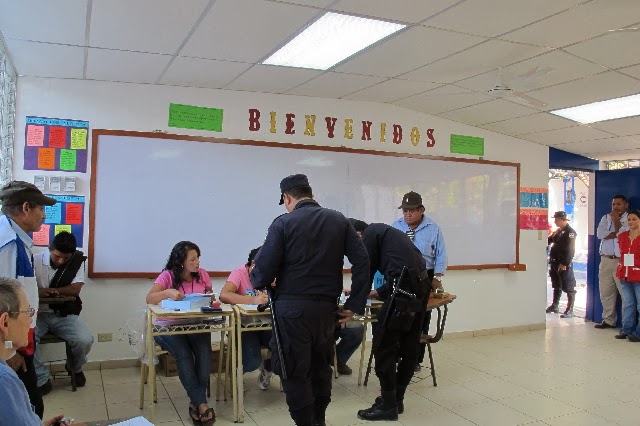Alicia is one of three York interns here for three months. She was a volunteer with the Solidairy Crafts program for three months. We hope you will be reviewing her Christmas crafts catalog soon!


Today I had the opportunity yet again to go out into the community and
meet one of the groups associated with CIS, this time las Mujeres Tinecas, in
San Martin. What made this particular trip special was that I would be teaching
some of the women a bit of the calligraphy and lettering that I learned in high
school as well as from watching my mom doing it growing up. I had to swallow my
nervousness about speaking Spanish in front of a group of locals, and try to
teach what was essentially an art class, having no prior knowledge of the
capabilities of my students.
 I certainly wasn’t prepared for the sweet Ancelma, the lady who makes
the quilled cards for the group, and who doesn’t know how to read or write. Calligraphy,
which had always meant for me a style of “artsy” penmanship, had lost all of
its traditional linguistic meaning, and had become instead simply drawing
patterns of art. I enjoyed the experience though, and appreciated the effort
and enthusiasm of the ladies—I’m confident that after they spend some time
practicing, the new lettering on their cards will look beautiful.
I certainly wasn’t prepared for the sweet Ancelma, the lady who makes
the quilled cards for the group, and who doesn’t know how to read or write. Calligraphy,
which had always meant for me a style of “artsy” penmanship, had lost all of
its traditional linguistic meaning, and had become instead simply drawing
patterns of art. I enjoyed the experience though, and appreciated the effort
and enthusiasm of the ladies—I’m confident that after they spend some time
practicing, the new lettering on their cards will look beautiful.
Afterwards we talked a bit about their lives and their work, and their
little neighbourhood in San Martin. I hadn’t even realized that one of them had
to come out to meet us and bring us in (I thought we just needed directions),
to ensure our safety in their gang-maintained neighbourhood. There were young
boys flying kites, men at work, and women keeping home—washing, cleaning, gardening,
cooking, etc.—and other students coming home from school. Though it was clearly
a poor area, there was a kind of majesty to it all: the sounds of the
carpenter’s workshop, the smiling children with their kites, cars zooming down
the highway in the background, the towering and empty industrial tanks behind
the galvanized houses, and somehow the flowers finding space to bloom in their
kaleidoscope of colours everywhere.
I’m excited to see what the future holds for the group; I hope they keep
practicing to make their already beautiful cards stand out even more, to
increase their sales, and ultimately, to improve their lives and secure a
brighter future for themselves, their families, and their community.























.jpg)






























